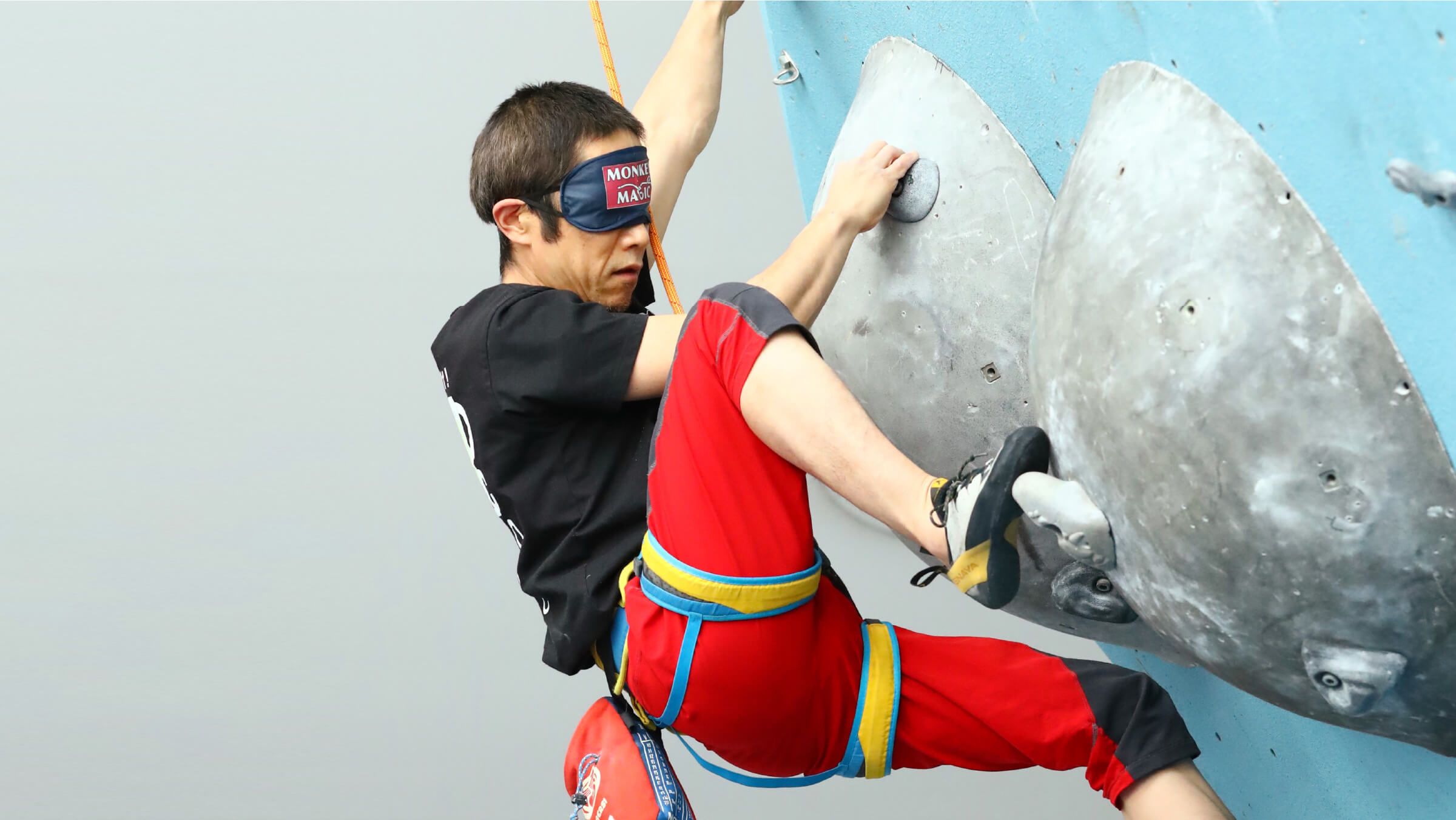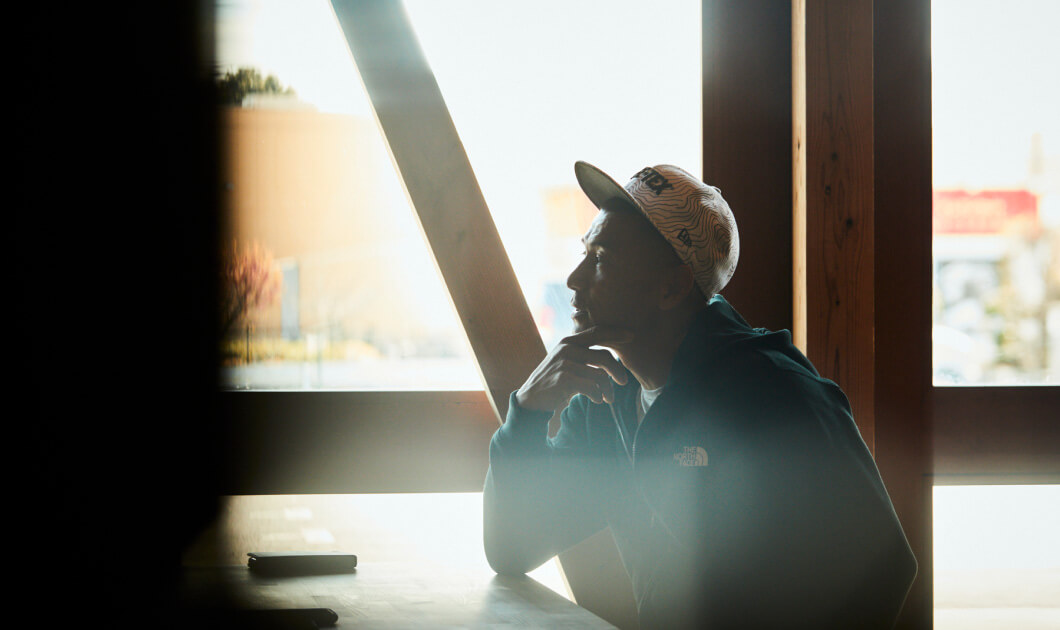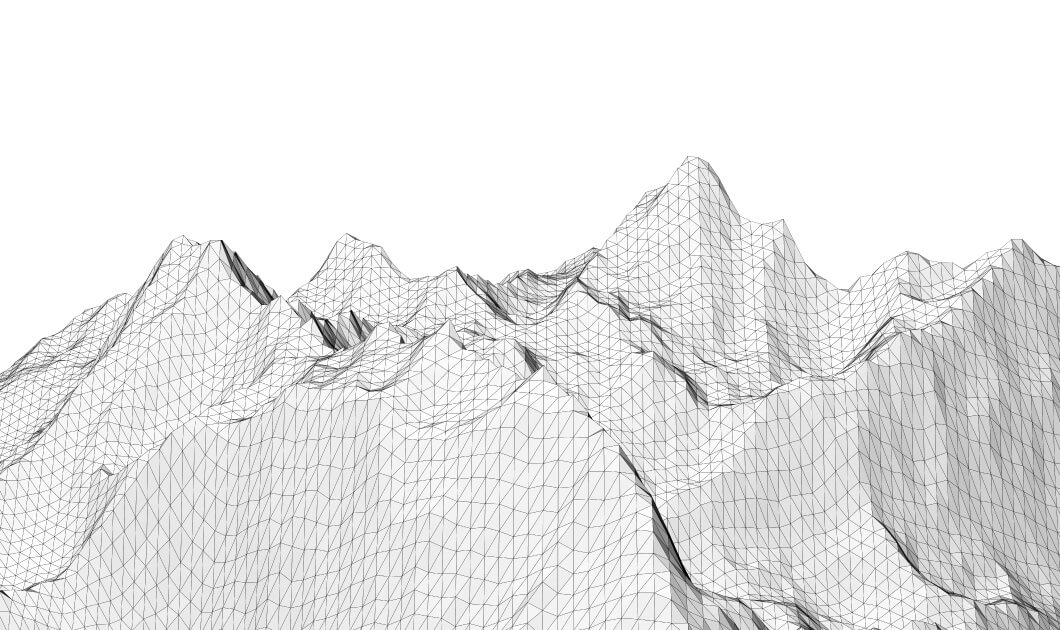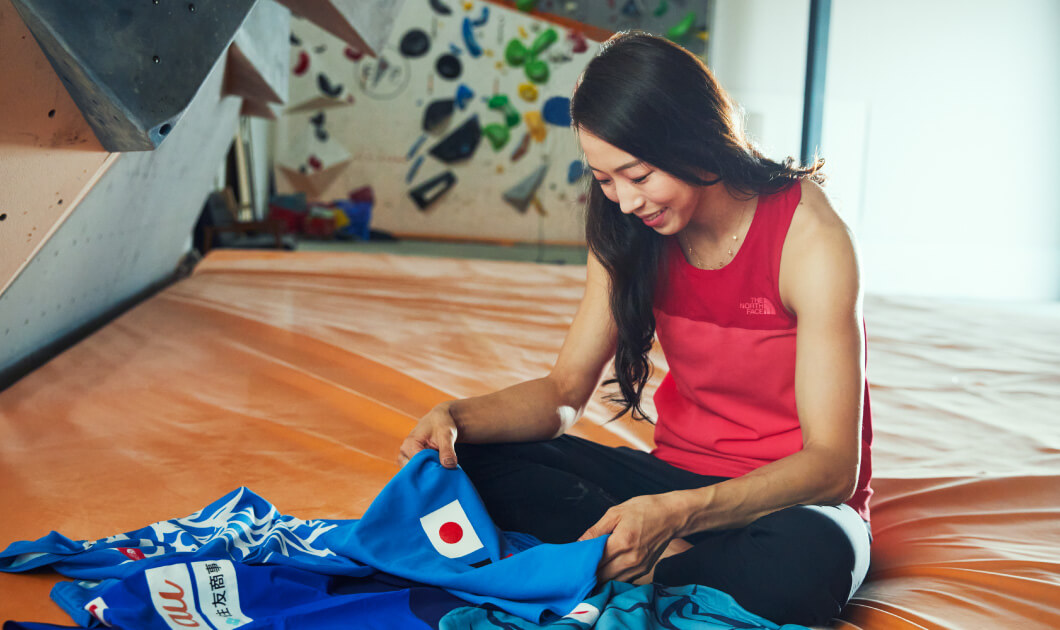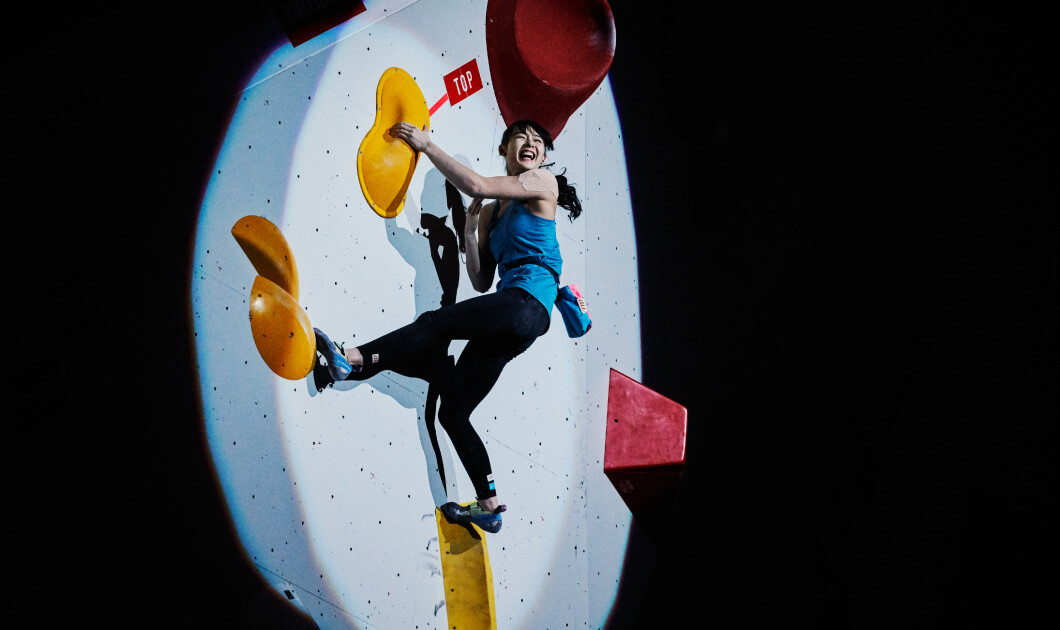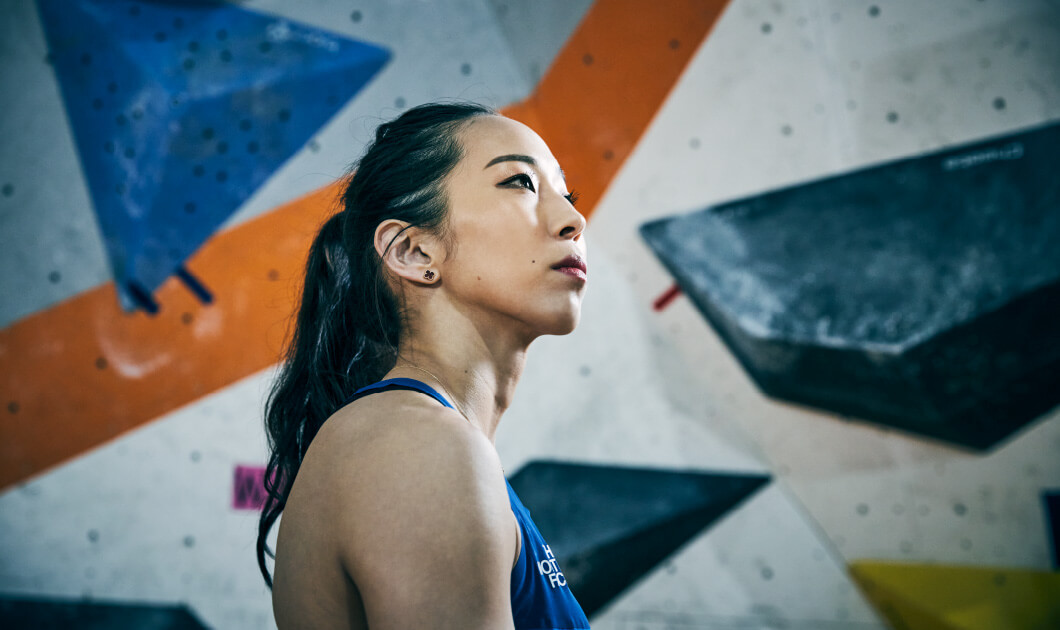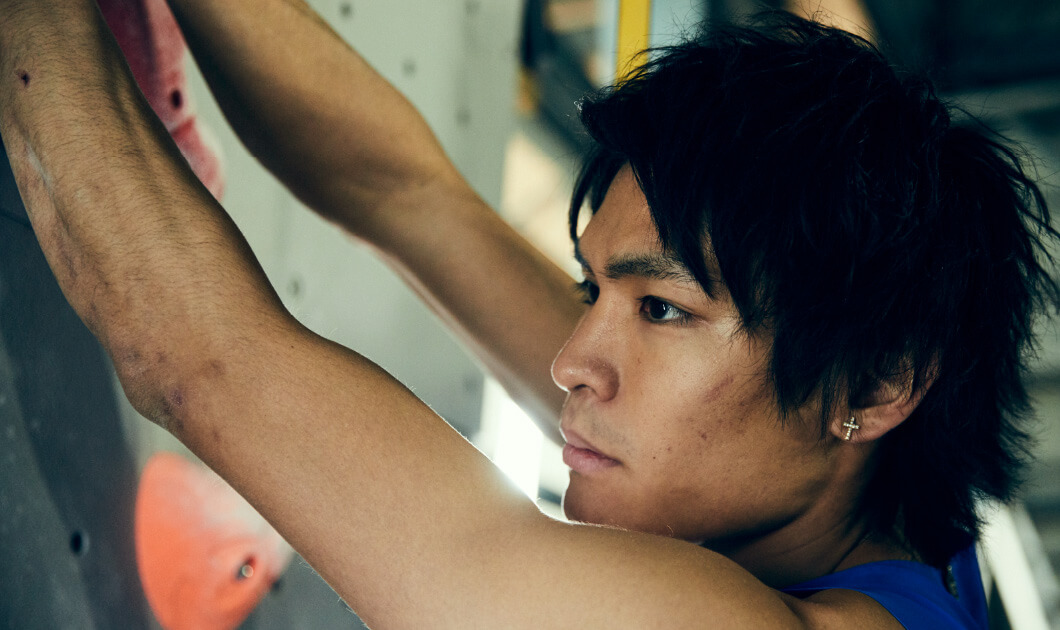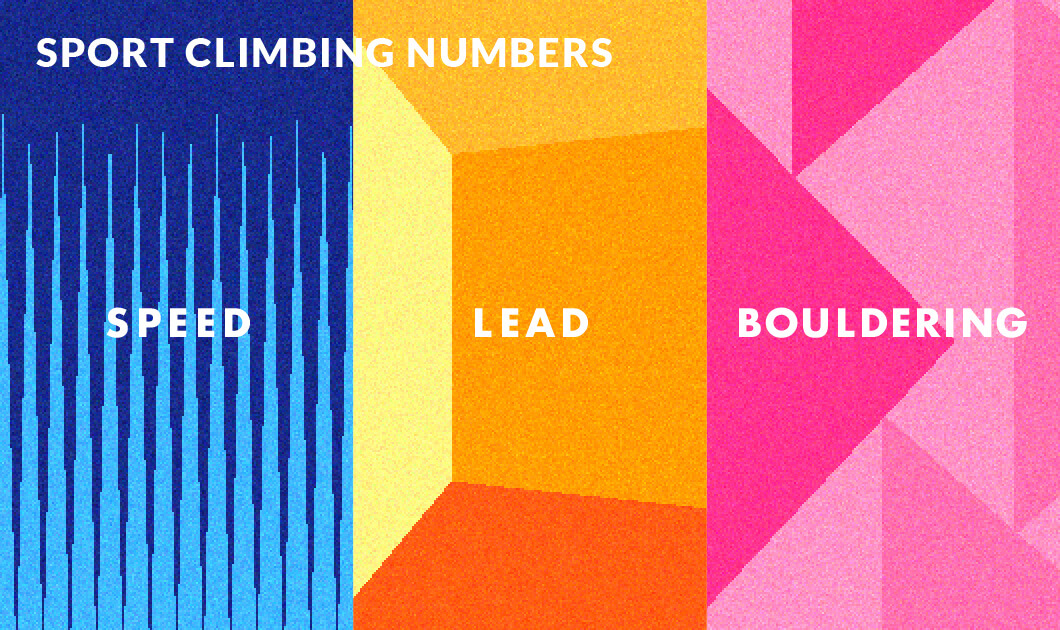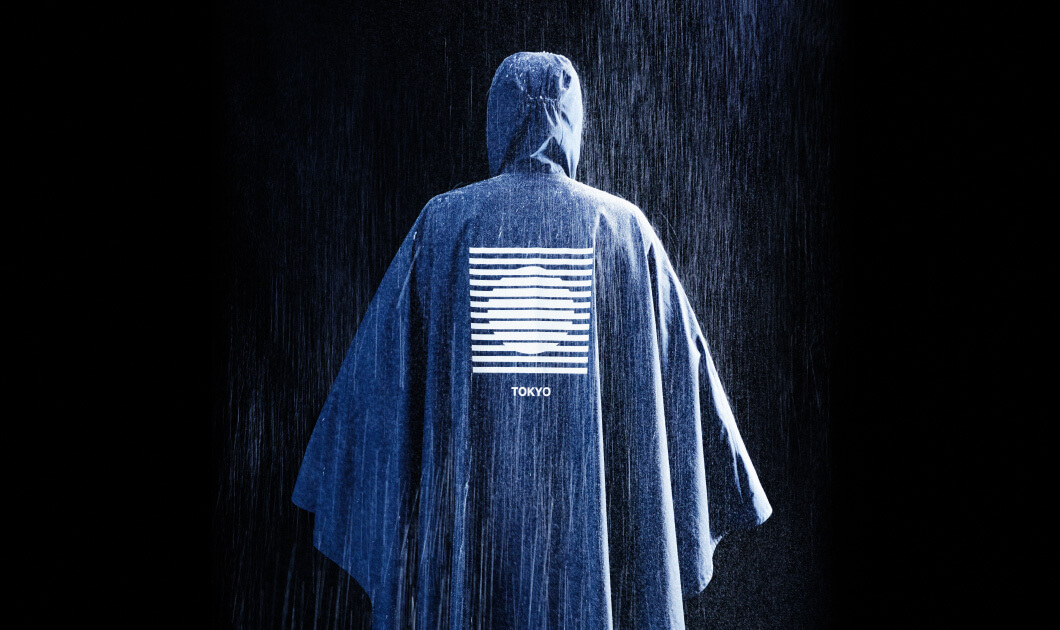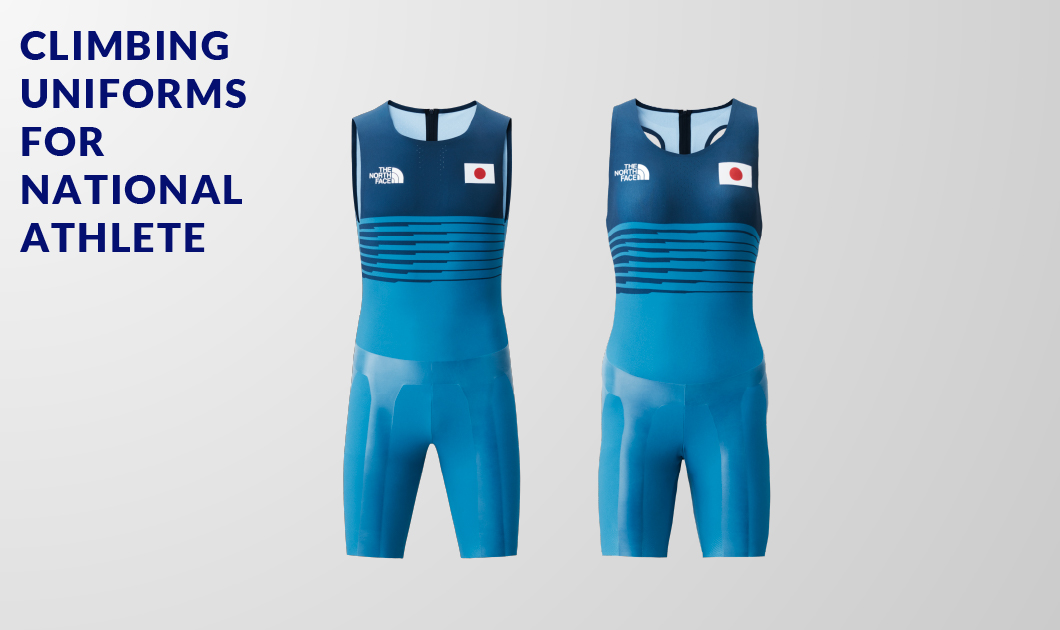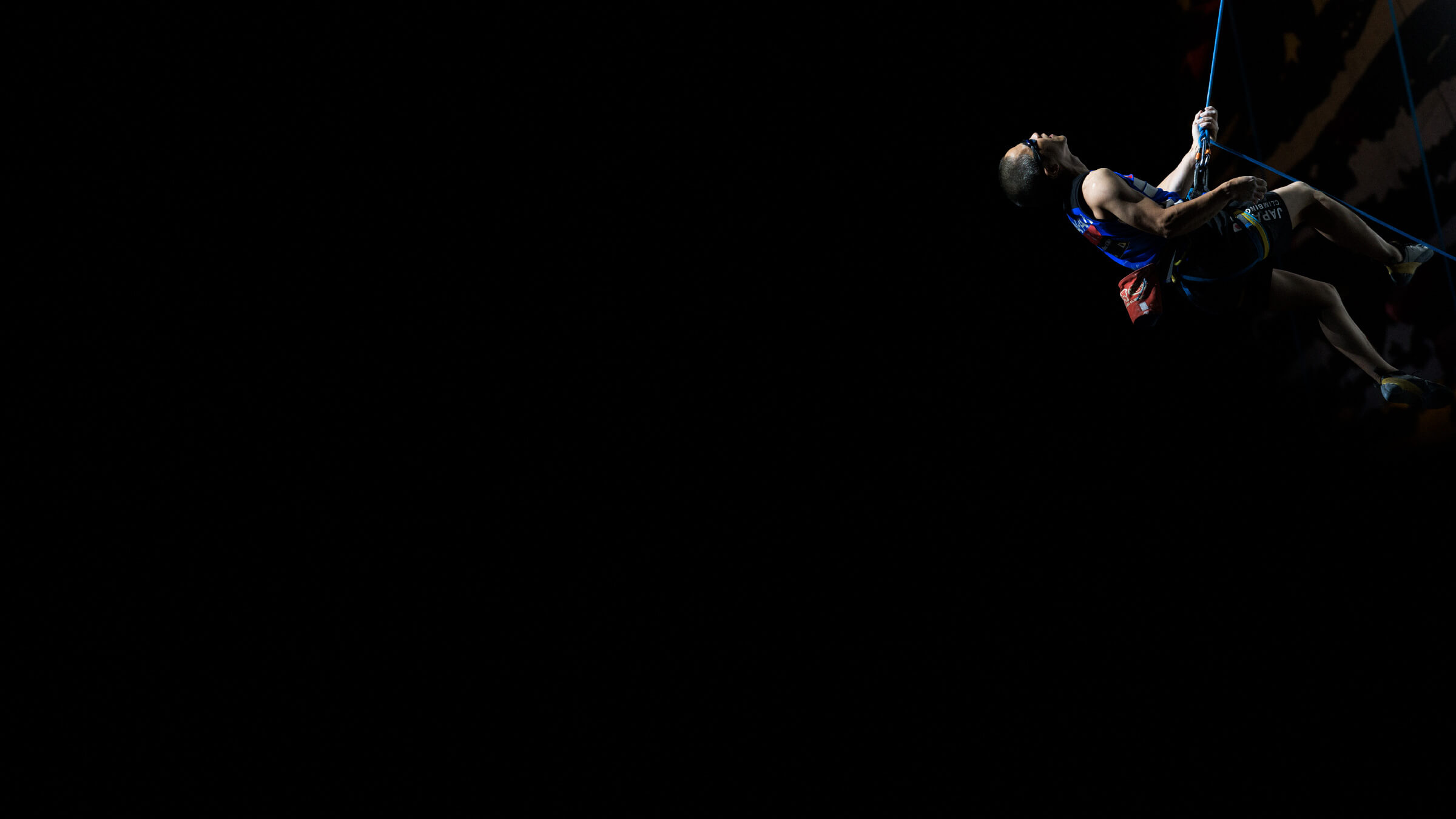
Monkey Magic is dedicated to encouraging people with visual impairment, wheelchair users, and individuals with arm and leg impairments to take up climbing. Guided by its mission statement “Overcoming barriers you cannot see,” Monkey Magic aims to use climbing as a means to create a society accepting of diversity. Climbing is a social sport that can be enjoyed by people with disabilities and those without, regardless of age or nationality. As well as leveraging these features of the sport to expand opportunities for interaction with individuals from different backgrounds, Monkey Magic seeks to promote understanding of people with disabilities. The NPO’s activities stem from the passion for climbing of its founder, Koichiro Kobayashi.
“Climbing has no special rules for people with disabilities,” he says. “Consequently, everyone climbs the same walls based on the same rules. While helping their fellow climbers as equal peers, people with disabilities and those without gain a deeper understanding of each other as they tackle the same challenges. Climbing also offers the opportunity to savor a sense of achievement and gain confidence as you conquer challenges that defeated you the last time. It’s a rare example of a social sport that provides wonderful opportunities for both mental and physical development,” Kobayashi stresses.
Founded in 2005, Monkey Magic undertakes a wide range of activities, from holding climbing classes for people with visual impairments to organizing social climbing events aimed at promoting understanding of diversity. However, all was not plain sailing from the start, Kobayashi says. “When I first founded Monkey Magic, all kinds of facilities and organizations refused to engage with me, saying, ‘We can’t possibly let people with disabilities participate in dangerous sports.’” So he embarked on grassroots efforts to change minds in academic forums, explaining the contribution that climbing made to enhancing quality of life for people with disabilities. Gradually he attracted support from people and companies who understood and endorsed his aims. One such supporter is The North Face. Every year, the company produces The North Face Monkey Magic Tee, donating part of the proceeds from its sales to fund the henonprofit’s activities. Launched in 2006, this initiative has now been ongoing for 15 years.
Feedback from non-disabled participants in the social climbing events includes “My view of people with disabilities changed” and “I’ve never felt such a close connection to people with disabilities before.” The organization plans to continue promoting its activities far and wide, in the hope of attracting the participation of an even more diverse array of people.
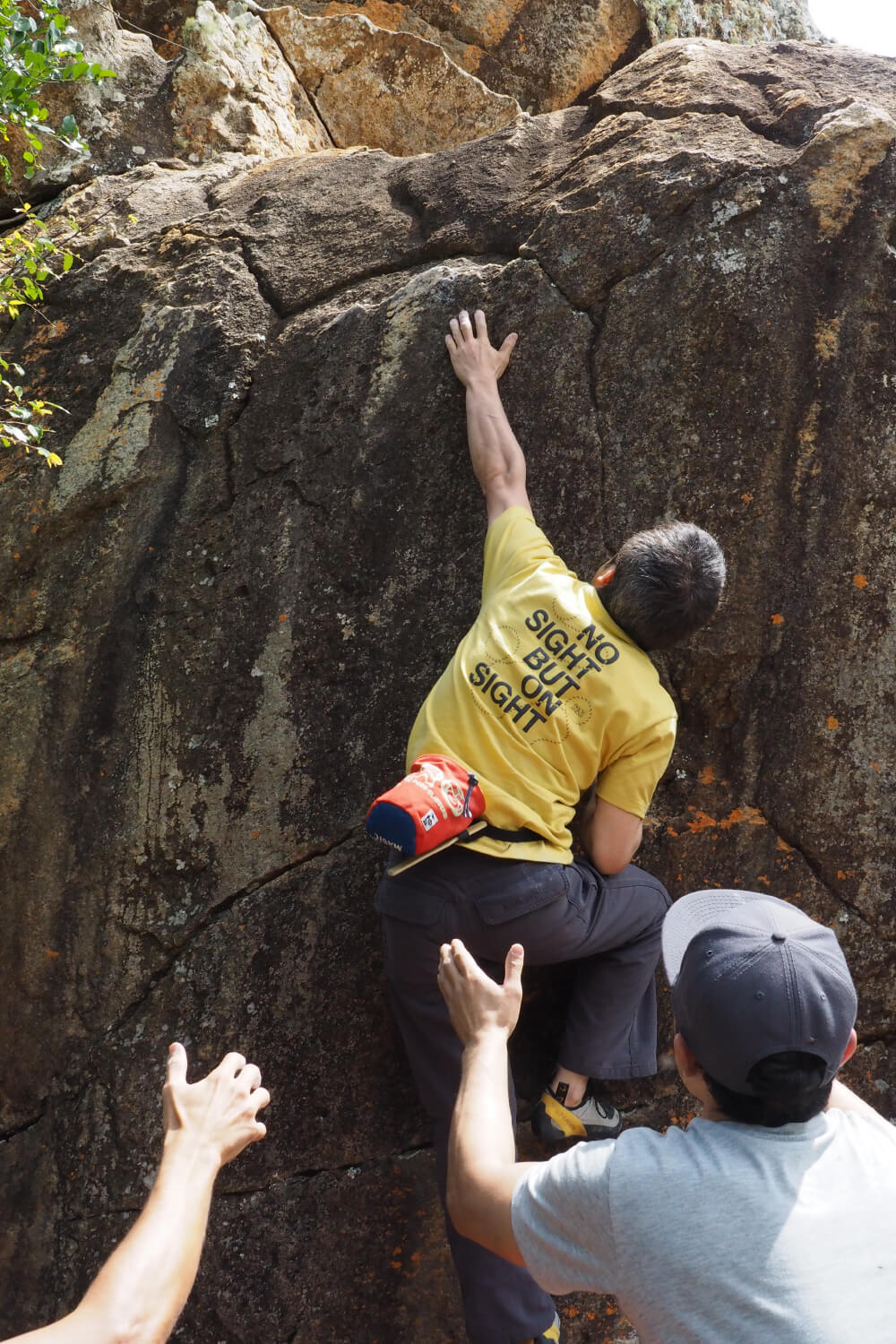
A Life-Changing Encounter with Climbing
Kobayashi first encountered climbing at the age of 16. Fascinated by an article in a mountaineering magazine about a new activity from the U.S.—free climbing—he joined a climbing class. “I disliked exercise and I wasn’t a great student academically either, and I had no dreams or motivation for the future,” Kobayashi explains. Despite this, the one thing to which the high school student somehow managed to dedicate himself diligently was climbing. So addicted to climbing was he that, once at university, he took a part-time job and saved up to fund overseas climbing trips to places like Yosemite and Australia. In other words, climbing transformed his life.
After graduating, he worked as an outdoor guide, taking clients camping, canoeing, and fishing. However, at the age of 28, he was diagnosed with a progressive retinal disease.
“The doctor told me there was no cure and that I’d soon lose my sight,” Kobayashi says. “I wondered how I’d go on living and what I'd do for a job. I’d never be able to see any of the sights I loved so much ever again. The fresh green leaves of spring, the scarlet and gold foliage of autumn, the night sky full of twinkling stars... I spent all day, every day, brooding on those thoughts. I was almost crushed by anxiety and stress.”
What a Blind Alpinist Taught Kobayashi
After receiving his diagnosis, “all I could think about was what I’d be unable to do anymore,” Kobayashi says. But hope appeared in the form of totally blind alpinist Erik Weihenmayer.
“It was Naoya Suzuki—now my paraclimbing partner—who first told me about Erik. I’d met Naoya in Colorado in 2002 and he said to me, ‘There’s a totally blind Seven Summiter in America who’s even climbed Everest!’ I was utterly astonished. I could barely believe that people with visual impairments might have so much more hidden potential than I’d realized.”
When Kobayashi actually went to meet Erik, the American told him that many people with disabilities in the U.S. engage in climbing as a way to restore their confidence and make the most of their potential. He also offered Kobayashi his encouragement: “If nobody in Japan is doing it, then that’s your job right there!” Those words also motivated Kobayashi to pursue an idea he had vaguely sketched out in his mind.
“Ever since being informed of my prognosis, I’d had nothing but negative thoughts about all the things I’d be unable to do anymore,” he discloses. “My case worker told me I should think about what I wanted to do and how I wanted to live my life, so I started to focus on what I could do. Then, thanks to my meeting with Erik, I began to pursue something only I could do. While disability involves lacking or losing a particular function, it doesn’t curtail our future potential or aspirations,” Kobayashi points out.
After returning home, Kobayashi took Erik’s words to heart and began working to establish Monkey Magic. He took something purely for his own enjoyment and began to spread the word about it to others.
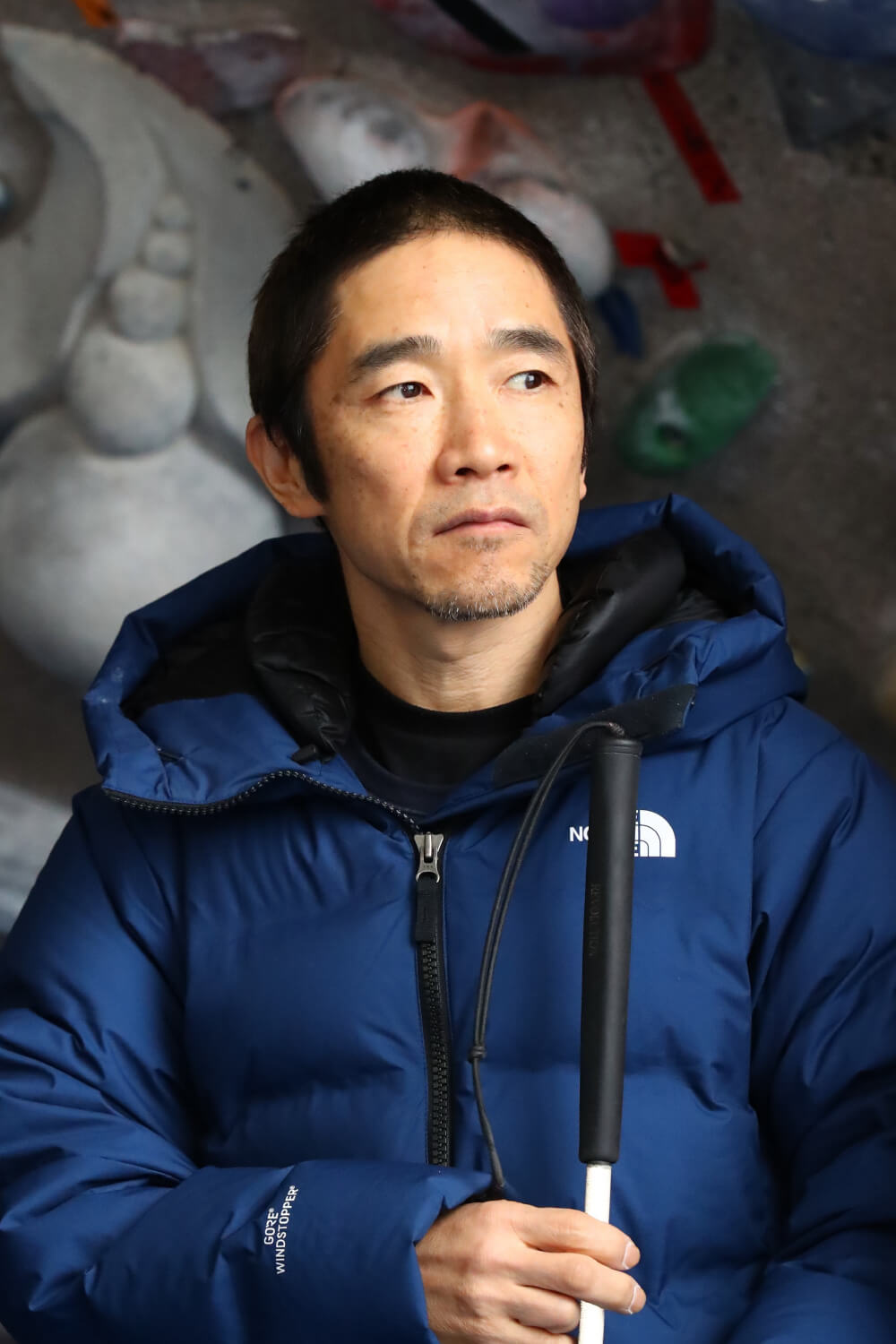
Taking on the Challenge of Paraclimbing
“The old me could never have imagined competing against others in the world of sport for a place on the podium,” says Kobayashi, still active as a paraclimber and he has achieved four victories to his name in the men’s B1 category for visually impaired competitors at the Paraclimbing World Championships during the period between 2014 and 2019. Blessed with the opportunity to take part in competitions just as he was going through the life-changing experience of acquiring a disability, he discovered that they provided an interesting means of enjoying climbing. For Kobayashi, it is not about winning or losing; he is keen to continue competing for as long as he enjoys it and for as long as there are people who enjoy watching him compete.
“I want to continue climbing rocks no matter how old I am or what my circumstances,” he says firmly.
“Overcoming barriers you cannot see.” Those words are an exhortation to everyone and an encouragement to Kobayashi himself. If there is one thing Kobayashi knows, it is that you can overcome any barrier if you believe in yourself.
Koichiro Kobayashi
Born in Tokyo in 1968. Representative director of NPO Monkey Magic and joint representative of the Japan Paraclimbing Association. Having taken up free climbing at the age of 16, he began to go on climbing trips to other countries while still a university student. After graduating, he found employment first with a travel agency and subsequently at a manufacturer of outdoor gear. At the age of was 28, he was diagnosed with a progressive eye disease that he was informed would eventually take his sight. In 2005, he founded the incorporated nonprofit organization Monkey Magic and also climbed to the summit of Kilimanjaro, the highest peak on the African continent. At the first international paraclimbing contest, held in Russia in 2006, he took first place in the men’s blind category. He then went on to win the top prize at the first Paraclimbing World Championships in 2011. After a subsequent deterioration in his vision, he moved into the B1 class (totally blind) and has won first place at the World Championships four times since 2014.
https://www.monkeymagic.or.jp/en-us
https://www.jpca-climbing.org


